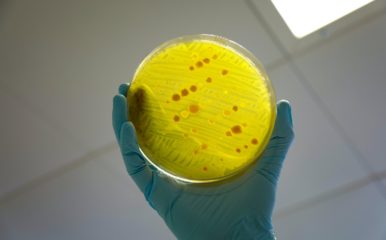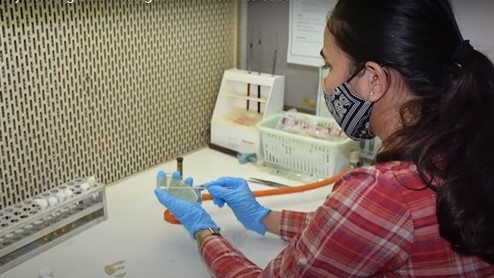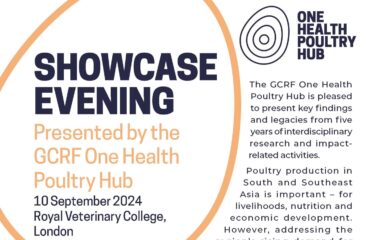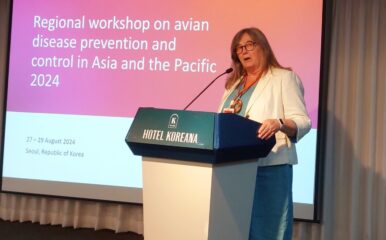
Applications open for free AMR molecular diagnostics course
Published on 21/02/2022

Applications are now being welcomed for the next ‘Training programme to build a network of researchers with expertise in molecular diagnostics to monitor and investigate antimicrobial resistance (AMR)’
The six-week online training course will enable researchers to become expert in the detection of AMR. Open to postgraduates and early-career researchers from all countries, it is intended to fill skills gaps worldwide.
The course is a collaboration between Anand Agricultural University (AAU) and Gujarat Biotechnology Research Centre, both in India, and the Royal Veterinary College, UK. The course director is Dr Subhash Jakhesara of Kamdhenu University, India.
Development of the course was funded by the UK’s Biotechnology and Biological Sciences Research Council under the BBSRC Global Challenges Research Fund Strategic Training Awards for Research Skills (GCRF-STARS) programme. This re-run for 30 participants is funded by the One Health Poultry Hub.
Although AMR is a global issue, it is of particular concern in low and middle-income countries (LMICs) where antibiotics are widely available without the need for a prescription and where antibiotics are often used inappropriately and excessively by people and in livestock production. Accurate and rapid diagnostic methods to confirm phenotypic testing in surveillance studies and to understand the mechanisms responsible for the development of AMR are vital.
However, although many microbiology laboratories in LMICs have the capability to do phenotypic testing of AMR bacteria, a lack of knowledge, skills and resources means that most research groups and laboratories are unable to develop molecular diagnostic capabilities and carry out resistance gene analysis.
This course will train researchers in both advanced phenotypic testing and AMR molecular diagnostics and will allow the trained individuals to play a valuable and important role in helping national and international efforts to monitor and control the threat of AMR.
Seventy-five people have already graduated from the course, forming part of a growing network of experts in AMR molecular diagnostics.
The course will run from 18 April-7 June 2022. Applications close 14 March.


